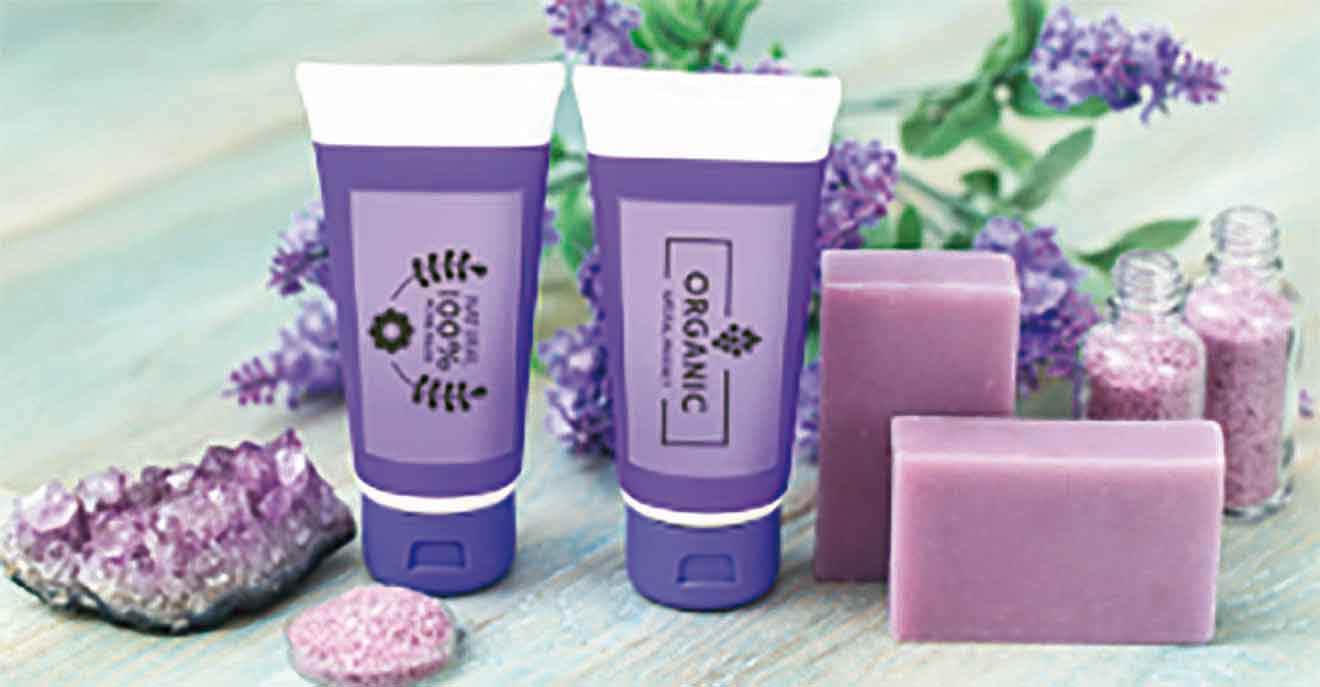For Romain Marcel, Managing Director of Veeva France and Europe, in the cosmetics department, accelerating time to market requires speeding up compliance processes.
How to solve the existential duality of the objectives of the modern company ? How to reconcile the goals of accelerating the time to market of new products and maintaining compliance ? This is the main challenge facing cosmetic brands, among many others. Operating in a fast-paced market, accelerated by the concept of modes, companies in this sector are sorely lacking in agility in the face of regulatory pressures. An upgrade is more than ever necessary, at a time when the sanctions imposed by the institutions in place risk neither more nor less than ... condemning them, in a health context which has put the regulatory issue back at the center of debates. It is notoriously difficult for manufacturers to consistently offer the general public products whose quality and novelty are systematically guaranteed.. However, these constraints weigh on companies in the cosmetics industry : the sector is indeed highly regulated by lawmakers, from Europe to China via the USA, but it is also concerned by a need for agility in its production. The leaders present therefore have no choice : they are forced to speed up the marketing of new products, without neglecting compliance requirements. An already arduous task at the birth of the year 2020, and that the Covid crisis has further complicated.
Lack of regulatory harmonization
It’s no secret : the cosmetics industry is highly regulated and this, worldwide. Requirements of European regulations with different regulatory statuses in the United States, the environment varies drastically depending on the market. Based on product categories and claims made by brands, each country has its own system of standards with, to complicate the marketing, disparities at the state level. Uncertainty and compliance thus represent increasingly significant costs for companies with outdated quality control processes.. The trend is clear, - and she is not at regulatory relaxation ! In March 2018, China's ambition was to streamline compliance verification processes for imported products, by centralizing these operations through the creation of a Central Market Regulation Administration (SAMR). Two years later, despite this desire for harmonization and the establishment of national regulatory requirements, the format of registration filings with the Chinese authorities always varies by province, and creates uncertainty for manufacturers. This uncertain environment, complicated by the global pandemic, requires proactive preparation of all stakeholders, and an extraordinary capacity for internal collaboration, with the right tools.
The imperative of speed and agility
The cosmetics industry is based on fashions. The speed of trend cycles, constantly accelerated by the ever more efficient flow of information among consumers, requires major brands to reinvent themselves every day to meet the demands of the latter. But in the face of constant changes in regulations, in the face of market pressures, and with sometimes outdated tools, this is not an easy task ... To stay in the dance, cosmetic brands can't afford to keep up with the market : they must guide him ! However, taking into account regulatory and compliance verification deadlines, is it really possible ? Resorting to efficient internal cooperation tools would obviously be a major step towards this objective., that would allow them to seek a leadership position, without exposing yourself to the risk of regulatory non-compliance.
Collaboration in the company
Cosmetics brands face a rapidly changing competitive environment : welcome to the post-Covid era! The offer is increasingly diversifying, the players in this ultra-competitive market are in a frantic race to get to market. Driven to innovate by consumers, towards more natural products as well as towards a diversification of the target age groups, but also closely monitored in an unprecedented health context, manufacturers are under pressure from all sides. In this context, the status quo in the management of the compliance processes of incumbent companies is not allowed. Processing siled processes ensures slowness, and the cause of a multitude of problems thereafter : poor management of marketing promises, employees demoralized by the ineffectiveness of their efforts, etc. The risk of being passed in the race for innovation is too great to be taken lightly. While all the stages of bringing a product to market involve collaboration between several departments of the company, many of them have against all logic retained internal collaboration methods and compliance control processes from the past, and for the most part, simply obsolete. Facing the wave of modernization in the cosmetics sector, faced with the new competitive context on a global scale established by the pandemic, updating these methods is essential in order to guarantee rapid production and foolproof compliance, - despite the galaxy of international regulations.













